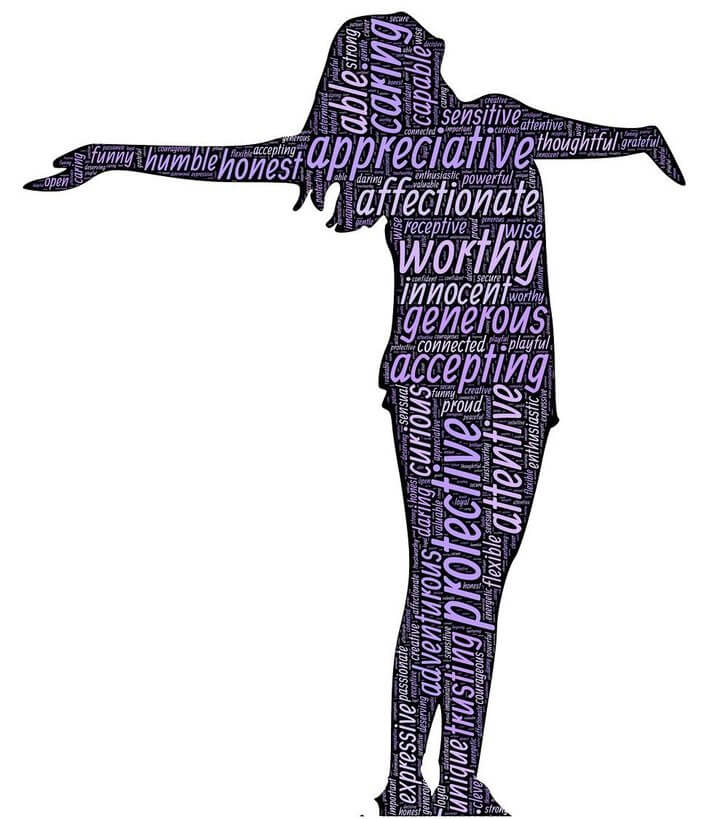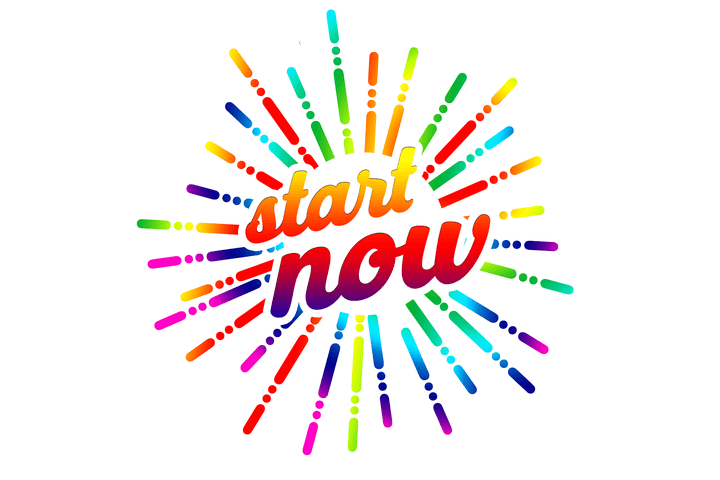Overcoming limiting beliefs is one of the most important steps toward self-improvement.
These beliefs are the invisible barriers that hold you back from pursuing your dreams or taking meaningful action. They can stem from past experiences, societal expectations, self-doubt, and perceptions of the world.
A few examples of limiting beliefs are: “I’m not good enough”, “I don’t deserve success”, or “I’m too old/young to pursue my dreams.”
Limiting beliefs can keep you stuck. Yet, they are interpretations and assumptions that we can change.
In this post, you’ll find practical tips to help you overcome these mental barriers and move toward a life filled with possibilities.
Let’s dive in!
Overcoming Limiting Beliefs
The following are five simple strategies to help you overcome limiting beliefs:
1. Identify and Acknowledge Your Limiting Beliefs
The first step in overcoming limiting beliefs is to identify them.
Understanding which beliefs hold you back requires reflection and self-awareness. These allow you to recognize thoughts that are not serving you.
To uncover these beliefs, start by asking yourself, “What beliefs are holding me back?” Then, shift your focus from “question mode” to “listening mode.” In a way that’s unique to you, the answer will come.
Another question you can ask yourself is, “What would I have to believe is true for me to think this, feel this, or experience this?” I first heard this from Neale Donald Walsch a few years ago, and it has been incredibly helpful in identifying my own limiting beliefs.
Writing down these thoughts or even speaking them aloud can bring a lot of clarity. And, the clearer you are, the easier it is to see which beliefs need to change.
What we can or cannot do, what we consider possible or impossible, is rarely a function of our true capability. It is more likely a function of our beliefs about who we are.
Tony Robbins
2. Reframe Your Mindset
Instead of focusing on what you can’t do, reframe your thinking to focus on what you can do. By shifting your perspective, you start to see possibilities instead of barriers.
For example, instead of thinking, “I’m not good enough,” try rephrasing it to, “I’m always growing and improving.”
Or if you catch yourself thinking, “I’ll probably fail,” shift it to, “Every experience is a chance to learn and grow.”
Reframing these thoughts into positive, growth-focused ones can break down mental barriers. It can also empower you to take on new challenges with confidence.
It’s about training yourself to see the potential within every situation.
3. Use Affirmations
Affirmations are positive statements that you repeat to yourself, mentally or aloud. Their purpose is to replace limiting thoughts with empowering ones.
You can say things like:
- I am capable of achieving my goals.
- I deserve success and happiness
- I am grateful for every experience that helps me grow.
These can help you reprogram your mind to believe in your strengths and potential.
The more you practice affirmations, the more you reinforce positive beliefs.

4. Visualize Your Success
In his article Visualization Techniques to Manifest Your Dreams, Jack Canfield defines it as:
Simply put, visualization is what you do when you close your eyes and create positive mental imagery in your mind that reflects what you expect your life will look like once a certain outcome has been achieved.
By visualizing, you start to see new possibilities for yourself, without the thoughts that hold you back.
So picture yourself achieving a goal you once thought was out of reach, free from any self-doubt. Create a vivid mental image of how it feels to achieve what you want—notice the confidence, the joy, the freedom.
Visualization helps your mind embrace these positive outcomes. It reinforces a belief in your potential and shifts you away from limiting beliefs.
5. Take action
To reinforce your new empowering beliefs, start taking manageable steps. This gives you the chance to build confidence through small wins.
Each positive action, no matter how small, reinforces your ability to move past doubts and challenges. Over time, these small victories help rewire your brain to believe in your potential.
By consistently taking small steps forward, you’re proving to yourself that you can overcome limiting thoughts, one action at a time.

Your Journey to Overcoming Limiting Beliefs Starts Here
Overcoming limiting beliefs is a journey that leads to growth and freedom. Here’s a quick recap of the steps to guide you:
- Identify your limiting beliefs
- Reframe your mindset
- Use affirmations
- Visualize your success
- Take action
As you take action to change limiting beliefs, you’re paving the way toward a life of limitless potential.
Remember, these beliefs didn’t form overnight, so it will take time and patience to move beyond them. But each step you take gets you closer to the person you aspire to be—confident, empowered, and free from thoughts that keep you stuck.
Believe in yourself! Know that with each effort, you’re creating a happier, more successful existence.
You already have everything you need to make it happen.


0 Comments